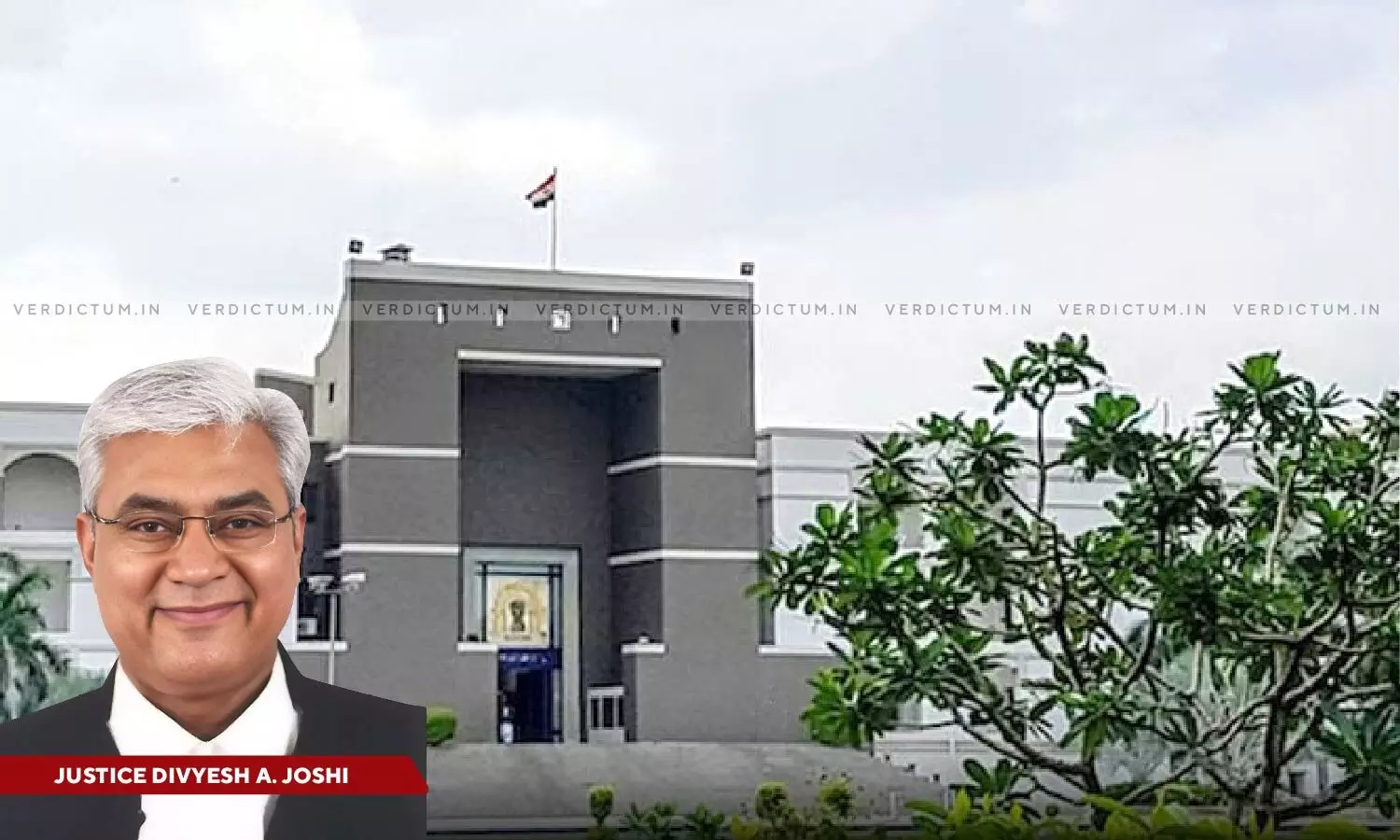
In Every Case Where A Man Fails To Marry A Women Despite Promise, He Cannot Be Held Guilty Of Committing Rape: Gujarat HC
 |
|The Gujarat High Court quashed the FIR registered against a man accused in a rape case while observing that in every case where a man fails to marry a woman despite a promise made to her, he cannot be held guilty for committing the offence of rape.
The Court said that the individual can be held guilty if it is proved that the promise to marry was given with no intention to honour it and also that was the only reason due to which the woman agreed to have a sexual relationship.
The Court was hearing an Application under Section 482 of the Code of Criminal Procedure,1973, seeking to invoke the inherent powers of the Court praying for quashing of the FIR registered for the offences punishable under Sections 376, 506(2) of IPC and Sections 3(1), W(i)(ii), 3(2)(5), 3(2)(5A) of the Atrocities Act.
The bench of Justice Divyesh A. Joshi observed, “…the determining factor is only the intention of the accused. However, the determining factor of the consent, whether it was obtained voluntarily or involuntarily, will depend on the facts of each case. The court must consider the evidence and the circumstances in every case before reaching a conclusion, but if the court finds that the prosecutrix was also equally keen, then, in that case, the offence would be condoned.”
Advocate RV Acharya appeared for the Appellant and APP Jay Mehta appeared for the Respondent.
Brief Facts-
The complainant and the Applicant-accused came into contact with each other about one and a half years ago, and after some time they entered into a physical relationship on his promise to marry. Thereafter, they continued to meet each other. After some time the applicant-accused called the complainant and again made a physical relationship with her. It is alleged that after some time when the complainant realised that she was pregnant, she informed the applicant about the same, however, the applicant-accused declined to accept the same and backed from his promise. Hence, the complainant registered the impugned FIR.
The Court considered the question of whether the mere say of a woman being promised to marry by the accused, can be so believable as to hold the accused guilty of the offence of rape to which the Court answered in negative.
The Court observed, “In every case where a man fails to marry a woman despite a promise made to her, cannot be held guilty for committing the offence of rape. He can only be held guilty if it is proved that the promise to marry was given with no intention to honour it and also that was the only reason due to which the woman agreed to have a sexual relationship.”
The Court said that a false promise relates to a promise that the accused had no intention to fulfil from the beginning, whereas a breach of promise may happen due to many factors.
The Court mentioned the SC decision in Prashant Bharti v. Delhi, AIR 2013 SC 2753, where according to the Court SC observed, “the age of the victim should be taken into consideration to evaluate the issue of consent and to know an indication of how wordly-wise she is, and to what degree she is judged to given her consent based on the belief that the accused will execute his promise of marriage.”
The Court further mentioned the Supreme Court decision in Deepak Gulati v. State of Haryana, AIR 2013 SC 2071, where the SC held, “an accused can be convicted for the offence of rape under the penal provisions only if there is evidence to show that ‘the intention of the accused was mala fide and that he has clandestine motives.’ Section 90 of the IPC cannot be invoked in such a situation, to fasten the criminal liability on the accused and to pardon the act of the victim in entirety unless the court is assured of the fact that the accused never intended to marry the victim from the very beginning.”
Finally, the Court allowed the Application and quashed the FIR.
Cause Title: Marshall Amubhai Vadariya v. State of Gujarat (Neutral Citation: 2024:GUJHC:50806)
Click here to read/download Judgment